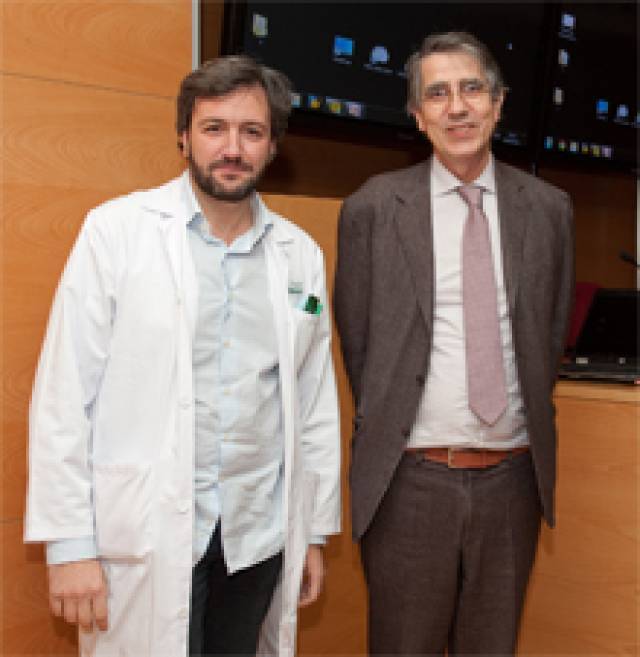
The group led by Dr. Revuelta has been studying and characterizing the different behavior of posttransplant neoplasia. However, knowledge about the understanding of oncogenesis and metastasis development in this particular population is still unresolved, and information on long-distance communication between a tumor and the host organs is unknown.
Learn about the next IDIBAPS Seminars 2013.

